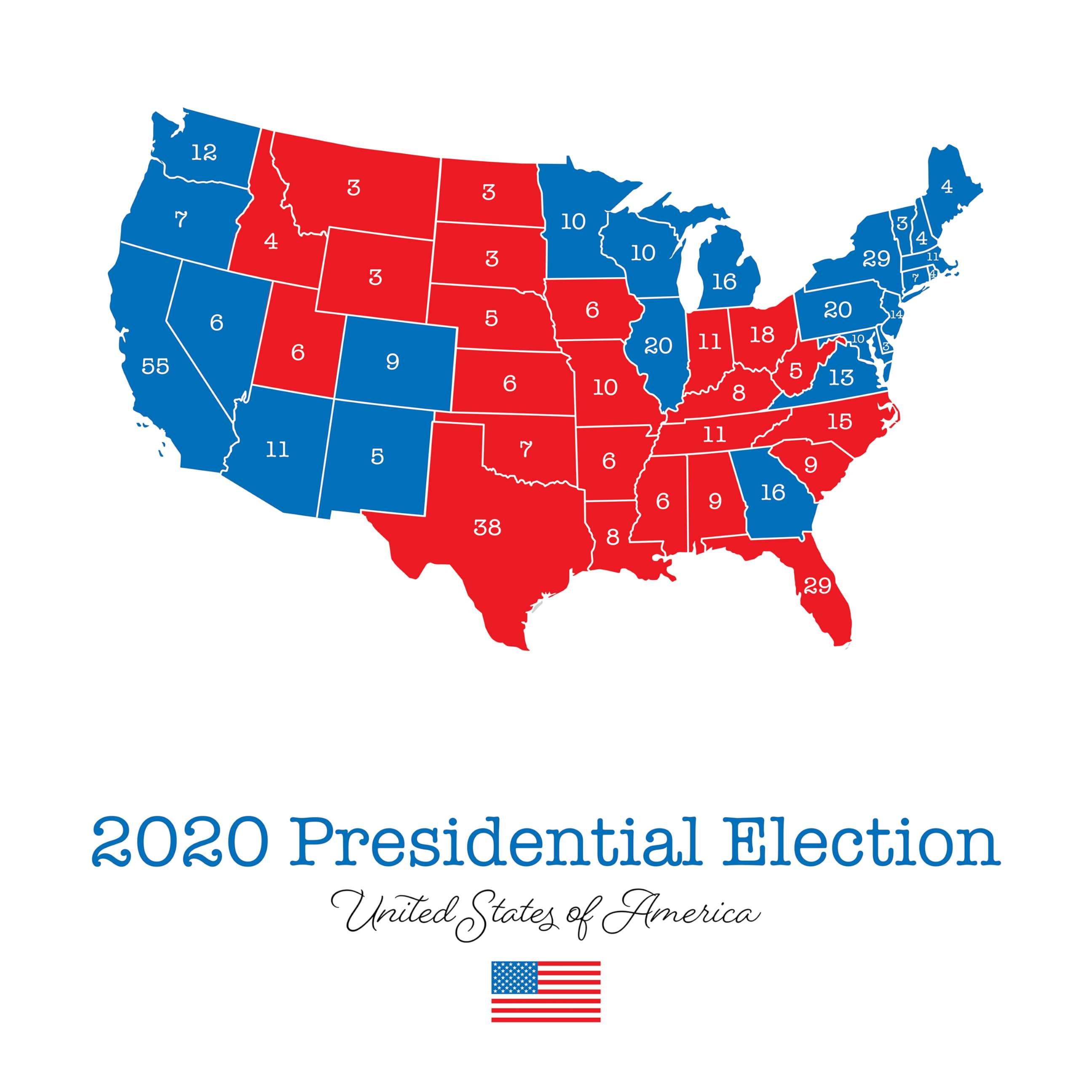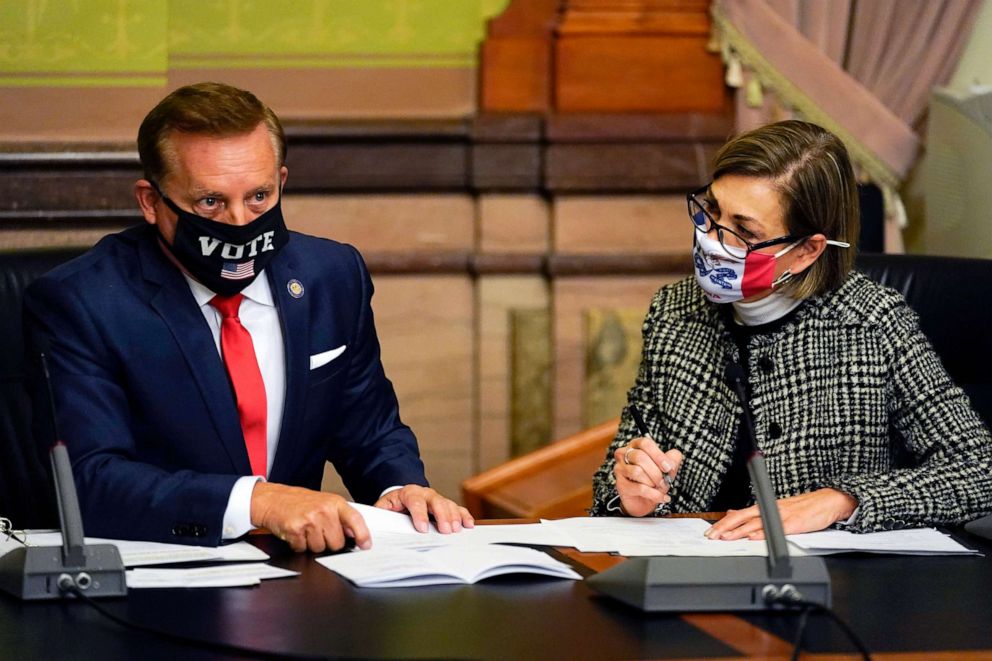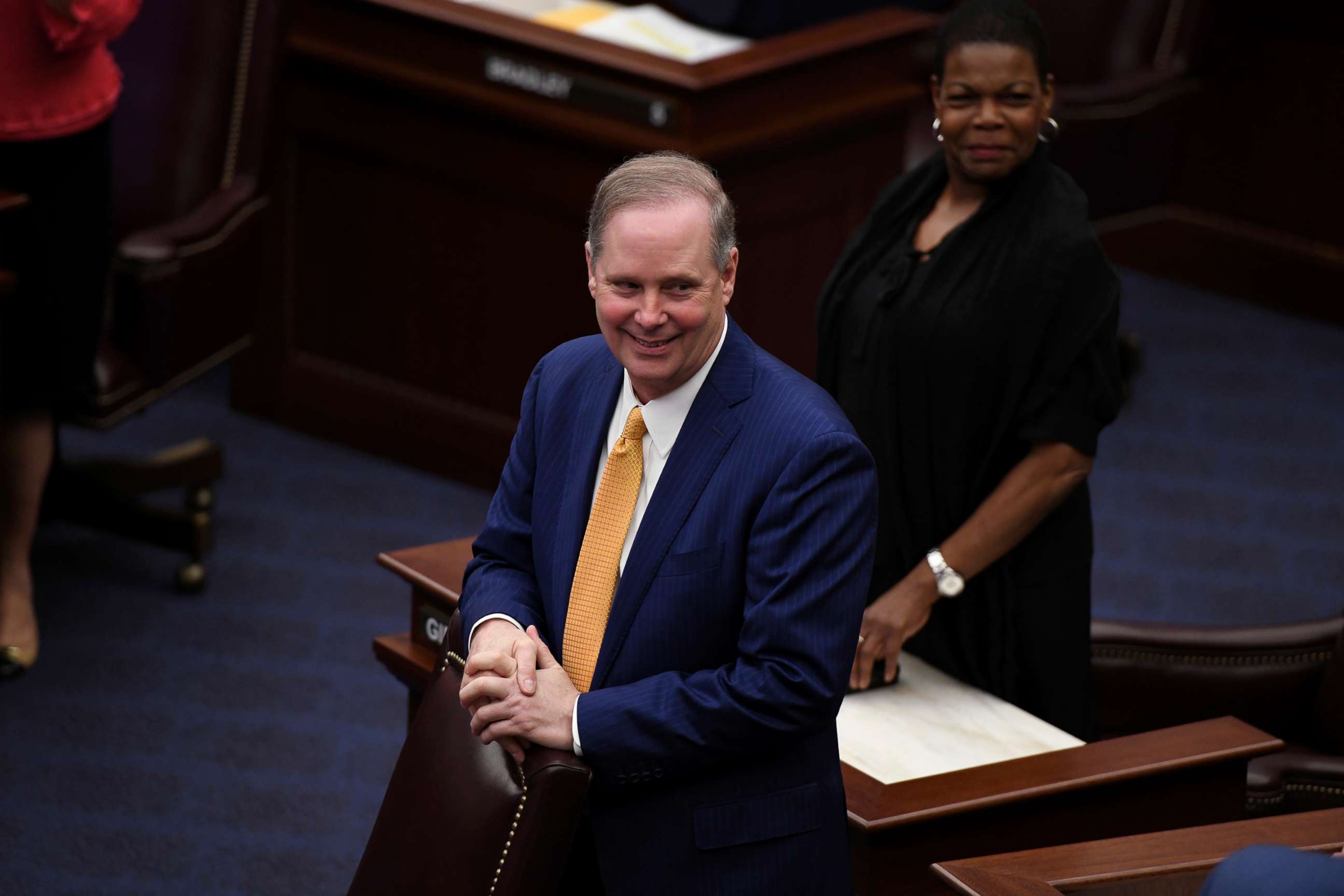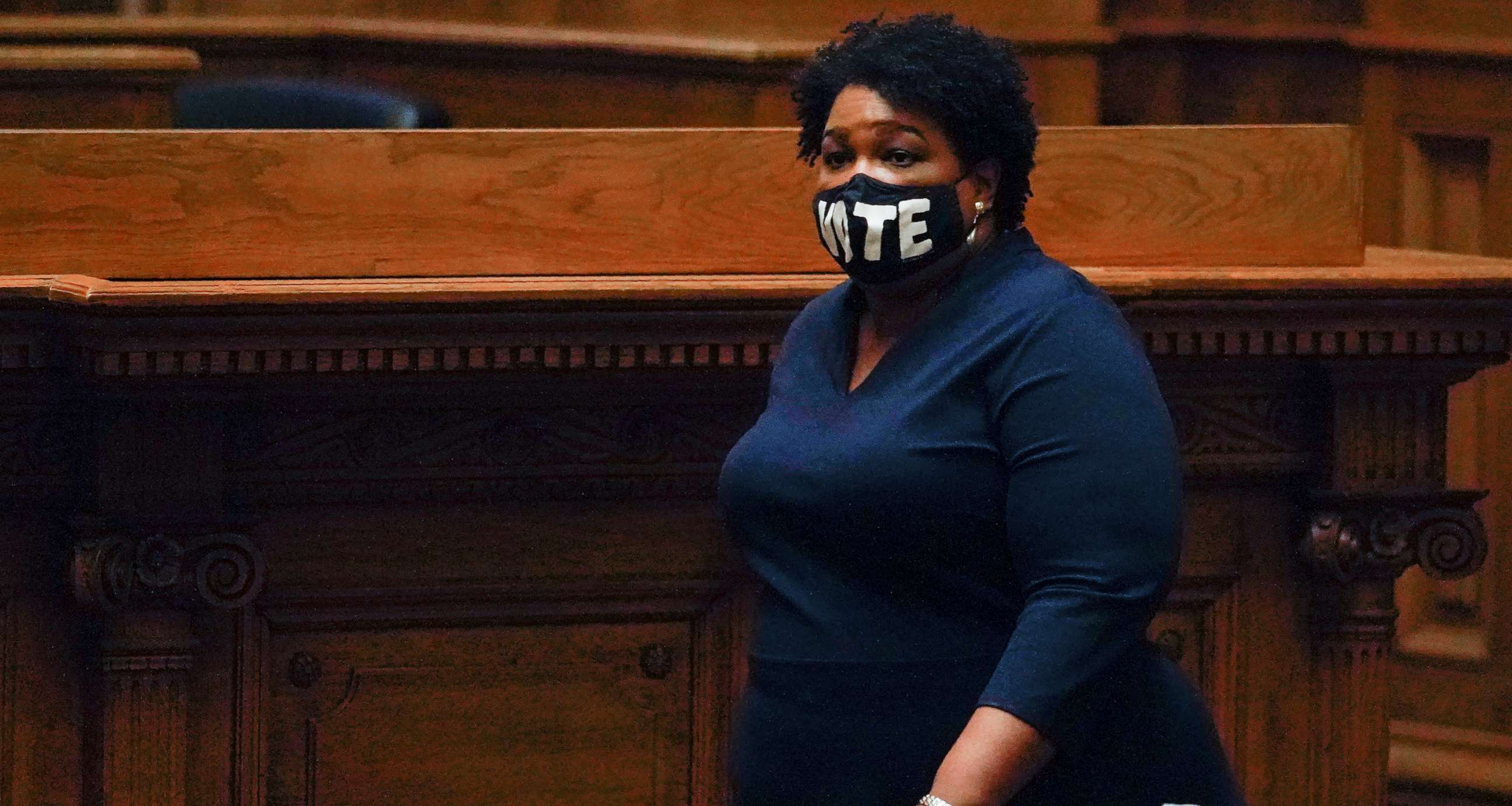Wisconsin Supreme Court rejects another Trump legal challenge
The normally conservative-leaning Wisconsin Supreme Court has ruled 4-3 against President Trump, rejecting his effort to challenge the state’s election recount, saying he tried to throw the challenge flag "long after the last play, or even the last game."
"The challenge … is meritless on its face," wrote Justice Brian Hagedorn, who spent years as the chief counsel to Republican Gov. Scott Walker, in the majority opinion.
The court’s majority takes issue with a number of the complaints leveled by the Trump campaign about how mail-in ballots were collected. But the four justices ultimately agreed that any issues should have been raised well before the election, not after the president lost.
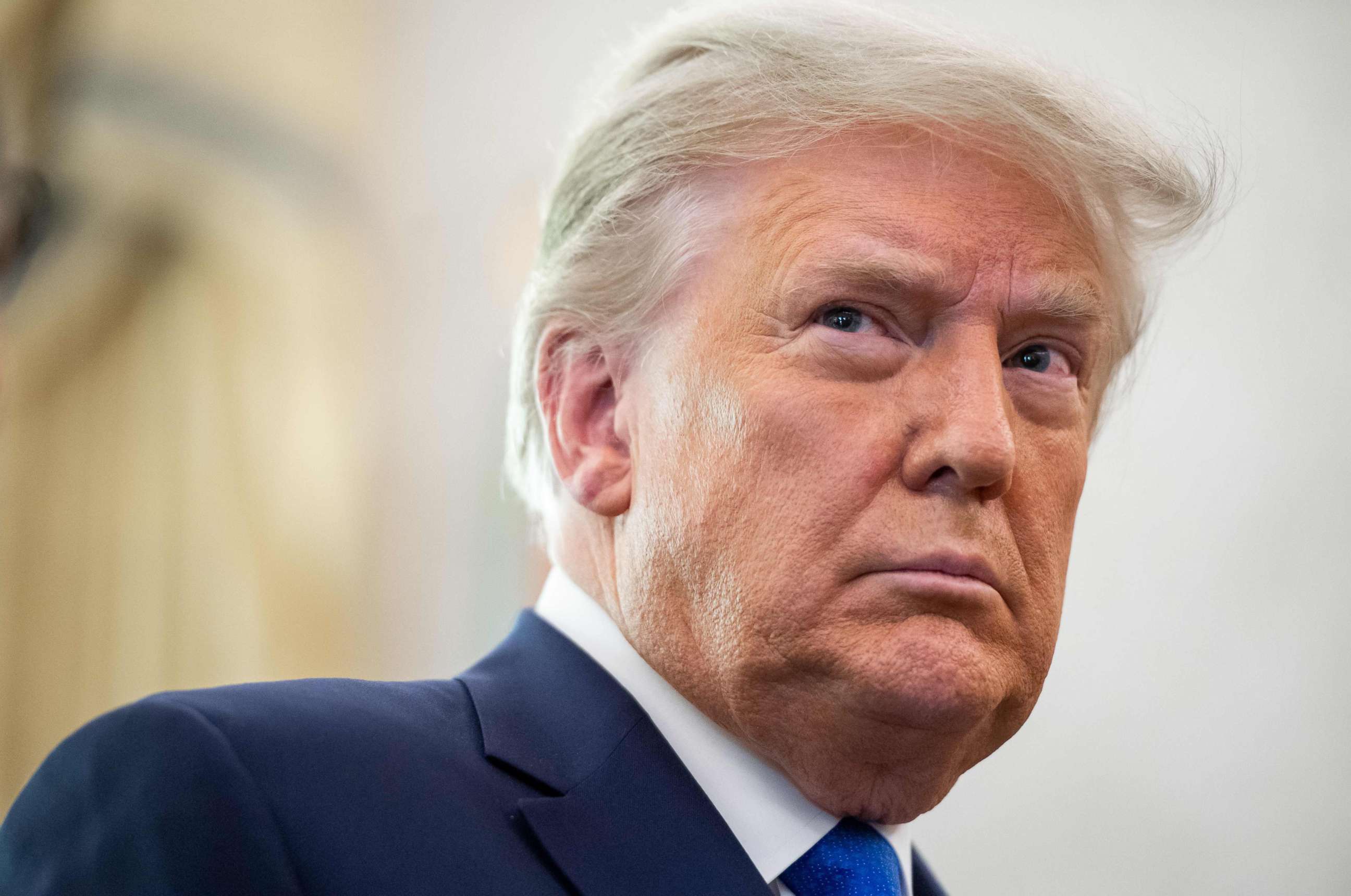
"The issues raised in this case, had they been pressed earlier, could have been resolved long before the election," Hagedorn wrote. "The Campaign's delay in raising these issues was unreasonable in the extreme."
Chief Justice Patience Drake Roggensack authored the dissent, which argued that the court’s majority hid behind the argument that Trump’s filing came too late, in order not to address concerns the president raised about the way ballots were collected. Roggensack said there were “numerous problems that will be repeated again and again, until this court has the courage to correct them.”
Biden won Wisconsin by more than 20,000 votes.
-ABC News' Matthew Mosk, Alex Hosenball and Soo Rin Kim
